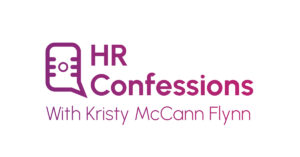

When people think of employee learning and development, their thoughts too often turn to hard skills — you know, creating pivot tables in Excel, writing sales sheets, or improving math skills. Those are important for sure. But equally important for any employee’s growth and development is continuously learning and mastering soft skills.
In fact, as far back as 2016, the World Economic Forum identified soft skills as crucial to 21st century workforces. Why? Because a workforce with a broad mix of skills is vital for organizational success today. But even among the 97% of employers who believe soft skills are essential, only 37% feel their entry-level employees possess the necessary soft skills to be fully productive today. All of this to say it’s vital for employers to help their people upskill their soft skills to drive employee and business success.
Before you can add soft skills to your L&D plan, it’s important to identify what skills we’re talking about. We believe 13 necessary soft skills are critical to employee success. In no particular order, they are:
A diverse base of workforce skills — hard and soft — is important to organizational health and growth. Most organizations only concentrate on hard skills, perhaps assuming soft skills can’t be taught. But soft skills are now more important than ever for organizations and individuals. The changing ways we work combined with rapid growth, mergers, and continuous innovations require soft skills to adequately navigate all the ups and downs, all the twists and turns. Knowing the 13 soft skills that are necessary for employee success — and understanding why they are important — is the first step in supporting your organizational community to drive real business change.